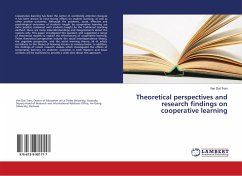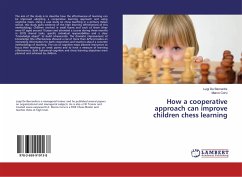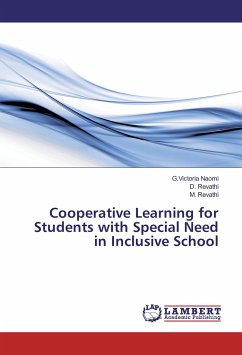Cooperative learning has been the centre of worldwide attention because it has been shown to have strong effects on student learning, as well as other positive outcomes. Although the academic, social, affective and psychological outcomes of students taught by cooperative learning are more positive compared with students taught by the traditional teaching method, there are many misunderstandings and disagreements about the reasons why. This paper investigated this question and suggested a range of theoretical models to explain the effectiveness of cooperative learning. These theoretical perspectives include the social interdependence theory, the cognitive perspective, and the social learning theory, all of which contribute to the theory of learning known as constructivism. In addition, the findings of recent research studies which investigated the effects of cooperative learning on students' outcomes in both Western and Asian contexts will be examined to provide a wide view about this approach.
Bitte wählen Sie Ihr Anliegen aus.
Rechnungen
Retourenschein anfordern
Bestellstatus
Storno








